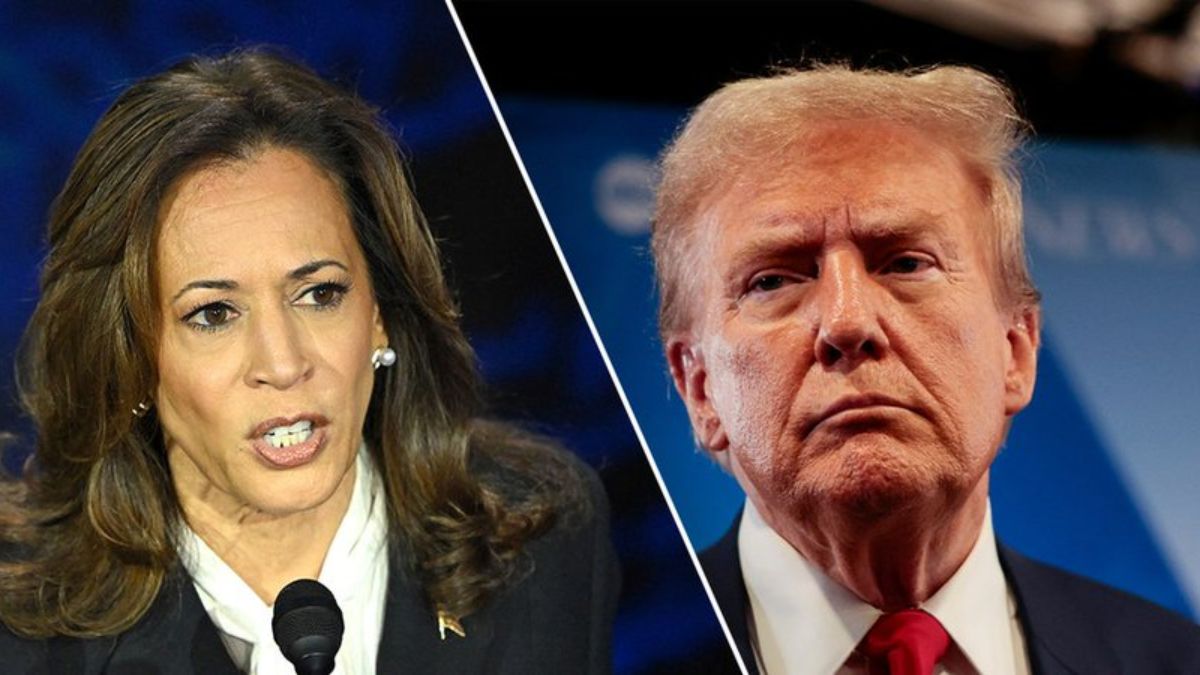A new Des Moines Register/Mediacom Iowa Poll reveals a dramatic shift in the Iowa political landscape, with Vice President Kamala Harris significantly narrowing the gap with former President Donald Trump. The latest figures, released on Sunday, show Trump leading Harris by just four percentage points, 47% to 43%, a stark contrast to the sizable lead he enjoyed earlier this year.
In spring, the same poll indicated Trump was leading President Biden by 18 points in Iowa, suggesting a strong Republican foothold in the state. However, Harris’ surge indicates a potential shift in voter sentiment. “I wouldn’t say 4 points is comfortable for Trump,” noted J. Ann Selzer, president of Selzer & Co., who conducted the poll. “The race has tightened significantly.”
Iowa has traditionally been considered a solid red state in recent presidential elections, with Trump winning by nearly 10 points in both 2016 and 2020. Despite its past swing state status, which saw it support Democratic Vice President Al Gore in 2000, Republican President George W. Bush in 2004, and Democratic President Barack Obama in both 2008 and 2012, many analysts have regarded it as reliably Republican in recent years.
Harris’ improved standing in Iowa can be attributed to increased support among female voters, who now favor her over Trump by a margin of 53% to 36%. Conversely, Trump maintains a significant lead among men, 59% to 32%. The poll also highlights a rise in voter engagement, particularly among women, younger voters, urban residents, and those with college degrees.
Selzer observed that Harris’s lead could be related to a more engaged electorate. “This poll may be catching newly energized voters who thought they would sit out the election at the time our June poll was taken,” Selzer said.
The poll was conducted between September 8 and 11, surveying 811 Iowa residents aged 18 and older, with a margin of error of plus or minus 3.4 percentage points. While one poll may not dramatically alter the overall race dynamics, Harris’ growing competitiveness in Iowa underscores the potential for a more contested 2024 election landscape.


